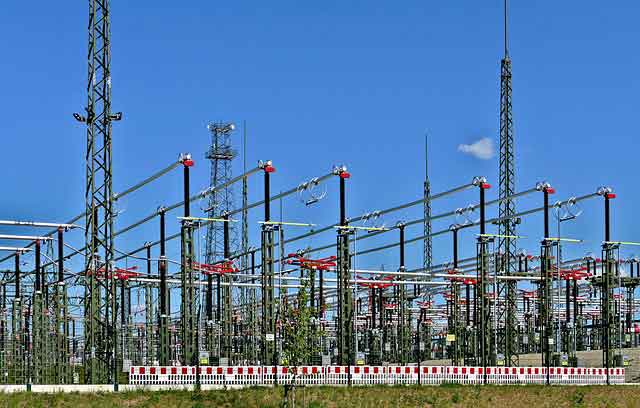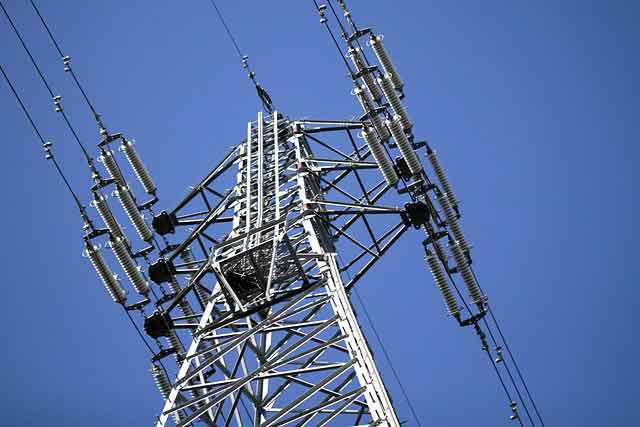Isotope backup sparks worries
Hospitals across the country have been using a medical isotope called Thallium 201 for some heart-related therapies in order to conserve dwindling supplies of the isotope produced by the leaky reactor at Chalk River, Ont. that is expected to remain out of service for at least three months.
“There was a minor disruption in the supply of thallium this week, which we are told has been rectified and we should be in better shape next week,” said Dr. Christopher O’Brien. “That was a surprise to us, when we were told there was insufficient thallium available for all of our cardiac patients.”
Thallium provider GE Healthcare, the company that warned of a potential shortfall in supply, said the disruption was short-lived.
“There was one day that we were going to be a little short but it has been addressed,” said spokesman Ryan Fitzgerald.
A spokesperson for federal Health Minister Leona Aglukkaq said Massachusetts-based isotopes supplier Lantheus Medical Imaging has assured the government it can manage the increased demand for the alternative isotope.
“Lantheus, which we understand is the major provider of thallium in Canada, informs us that they are able to handle the increased orders from clients for thallium during the shortage,” press secretary Josée Bellemare wrote in an email.
There is no end in sight to the shortage of technetium-99 — a decay product of the molybdenum-99 isotope produced at the Chalk River reactor.
OÂ’Brien said some hospitals would run out of isotopes by June 12 after being told they will not receive any isotope shipments from two nuclear reactors in the Netherlands and South Africa that have been helping to fill the gap.
“There was a time last week when both the South African reactor and the (Dutch) reactor were shut down around the same time and there was a supply disruption as a result of that,” said O’Brien.
Dawn-Marie King, clinical operations director for the joint medical imaging department at the University Health Network in Toronto, said her hospitals have enough isotopes for the week but face having to cancel procedures next week if they do not receive another generator on June 14.
“Up until now we have been very lucky and haven’t had to, but we’re just sort of going week by week at this point,” said King.
Related News

OpenAI Expands Washington Effort to Shape AI Policy
WASHINGTON DC - OpenAI, the creator of ChatGPT, is significantly expanding its presence in Washington, D.C., aiming to influence policy decisions that will shape the future of artificial intelligence (AI) and its integration into critical sectors like energy and national security. This strategic move comes as the company seeks to position itself as a key player in the U.S. economic and security landscape, particularly in the context of global competition with China.
Expansion of Policy Team
To enhance its influence, OpenAI is tripling the size of its Washington policy team. While the 12-person team is still smaller compared to tech…




